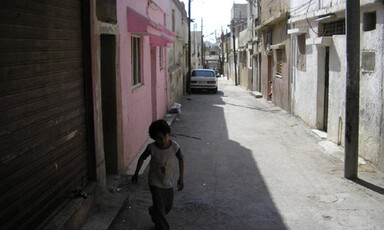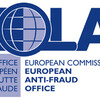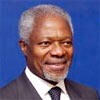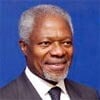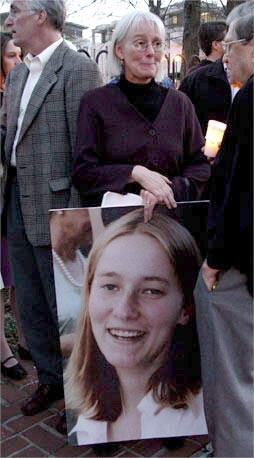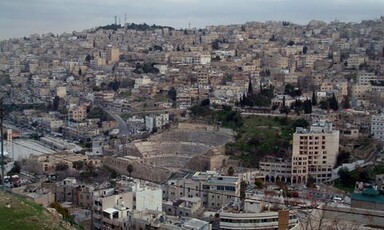
Jordanian diplomacy falters on Palestine, Syria and Iraq
23 March 2005
In recent weeks, Jordan has been embroiled in crises with its neighbors Iraq and Syria and has been subjected to harsh regional criticism for apparently proposing that Arab states normalize relations with Israel without Israel withdrawing from any occupied territories. EI contributor Hasan Abu Nimah, who spent four decades as a Jordanian diplomat writes, “In order to understand how we got here, and see how we can restore the good relations and reputation that Jordan should enjoy, we need to make an objective assessment of recent events and actions, including missteps by Jordan’s diplomats.” Read more about Jordanian diplomacy falters on Palestine, Syria and Iraq

